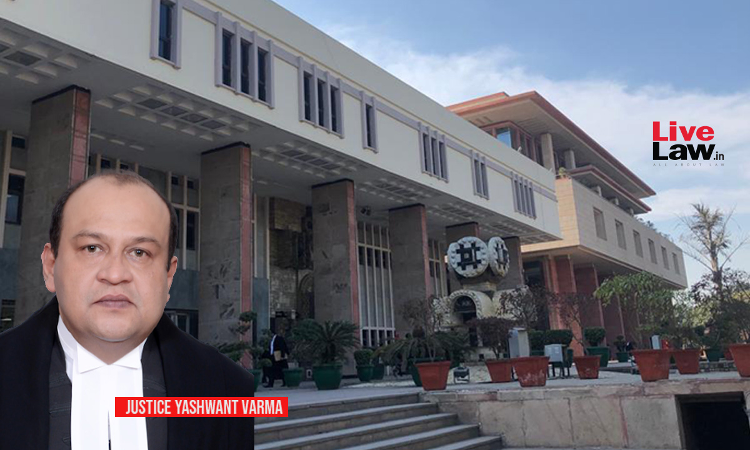The High Court of Delhi has held that an issue that purely relates to the inter se liability of the parties regarding the burden of GST is not related to the taxing power of the State, therefore, the same is arbitrable. The bench of Justice Yashwant Varma held that a dispute surmised on the Pricing Clause in an agreement wherein the inter se liabilities of the parties regarding...

